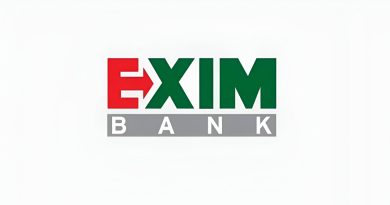Bangladesh’s Islamic banking sector recorded strong investment growth over the past year despite sluggish deposit mobilisation, Bangladesh Bank data shows.
Between April 2024 and April 2025, total investments in Islamic banks surged 11.87% to Tk 5.57 trillion, up from Tk 4.98 trillion a year earlier. In contrast, deposits rose just 3.91% to Tk 4.41 trillion from Tk 4.25 trillion.
Conventional banks fared better on the deposit front, posting an 11.10% rise to Tk 15.22 trillion, narrowing Islamic banks’ market share of deposits from 23.66% to 22.47%.
The slowdown in deposit growth has been partly attributed to mismanagement cases uncovered after the July 2024 uprising, which eroded depositor confidence and triggered withdrawals.
Sector-Wide Growth
Across the banking system, deposits climbed 9.40% year-on-year to Tk 19.63 trillion, while total investments rose 11.36% to Tk 22.30 trillion. Islamic banks’ total assets expanded 14.55% to Tk 9.14 trillion over the same period.
Trade & Remittance Trends
Export proceeds handled by Islamic banks saw minor fluctuations, peaking at $837 million in September 2024. In April 2025, export receipts stood at $758 million—up 9.1% from $695 million a year earlier.
Import payments fell 3.86% to $1.16 billion, leaving Islamic banks with a 19% share of the national total. Remittance inflows plunged from $817 million to $598 million, shrinking their share from about 40% to 22%. Conventional banks, by contrast, saw remittances jump from $1.23 billion to $2.15 billion.
Agent Banking & Industry Expansion
Islamic banks remain dominant in agent banking, holding 55.08% of deposits in April 2024. Agent banking deposits rose 13.18% to Tk 230 billion by April 2025.
The Islamic banking industry—operating under Shariah principles that prohibit interest (Riba)—has expanded steadily since Islami Bank Bangladesh’s launch in 1983. Currently, 17 conventional banks run 35 Islamic branches, while 12 operate 571 Islamic windows; nine provide both.






